Young and dumb in Y2K: watch Dan Scott-Croxford’s new film, 18

A cohort of boisterous teens, smoking in Burger King, loads of booze, a trip to Brighton and zero common sense. What could possibly go wrong?
Culture
Words: Jade Wickes
Director: Dan Scott-Croxford
Are the memories and friendships we make in our youth better left as memories?
This is the question British director Dan Scott-Croxford poses in his new film, 18, which follows his friend Lee’s boozy 18th birthday bonanza from London to Brighton in 2000.
It was one of those weekends that had etched itself into his mind as youth-defining: the freedom and insouciance of turning 18 and finally being able to buy your own booze, and descending on an unexplored city with no plans beyond getting as pissed as possible.
18 is equal parts nostalgic and funny, and the vulnerability of its subjects is palpable throughout: one of the guys tries to jump over a hedge to impress the others, only to fall flat (and hard) on his face. Surely not what adulthood is all about.
So when Scott-Croxford stumbled upon footage from this trip two decades later, he was nervous. What if it messed with his memory of it? Making 18 was a means for him to explore whether the way we remember things warps our memory of what actually happened.
What started as a passion project quickly turned into a commentary on the way kids now leave behind a digital footprint from the moment they’re born through social media. Luckily for Scott-Croxford, his antics were caught on film and left to gather dust for 20 years – until now.
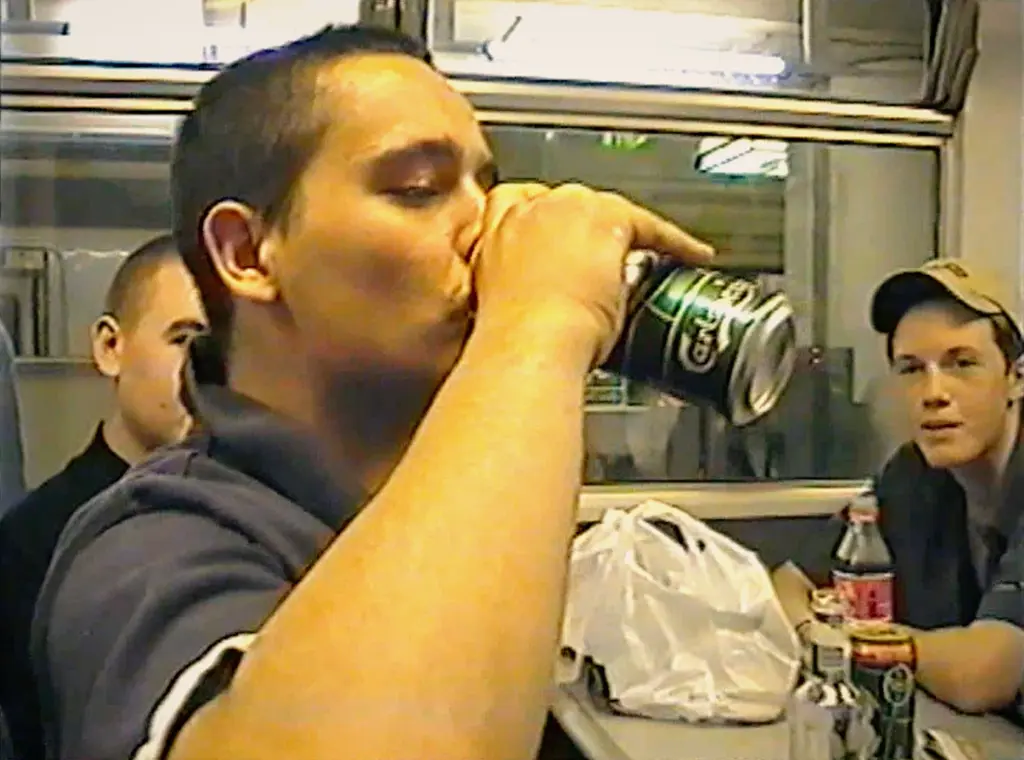
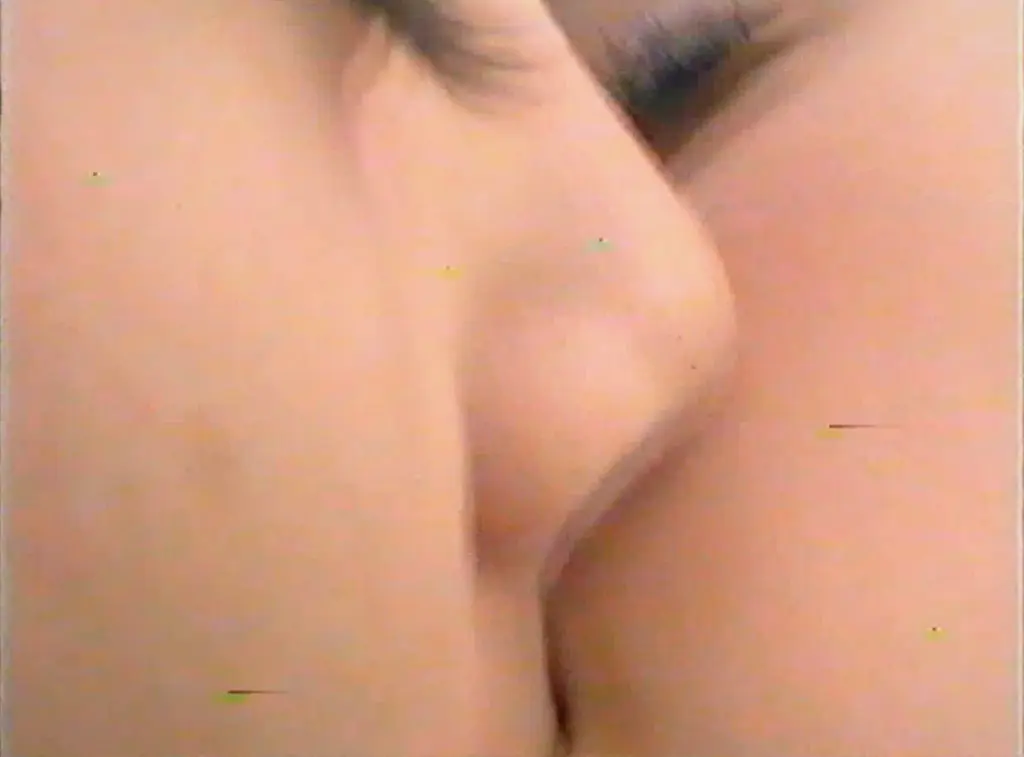
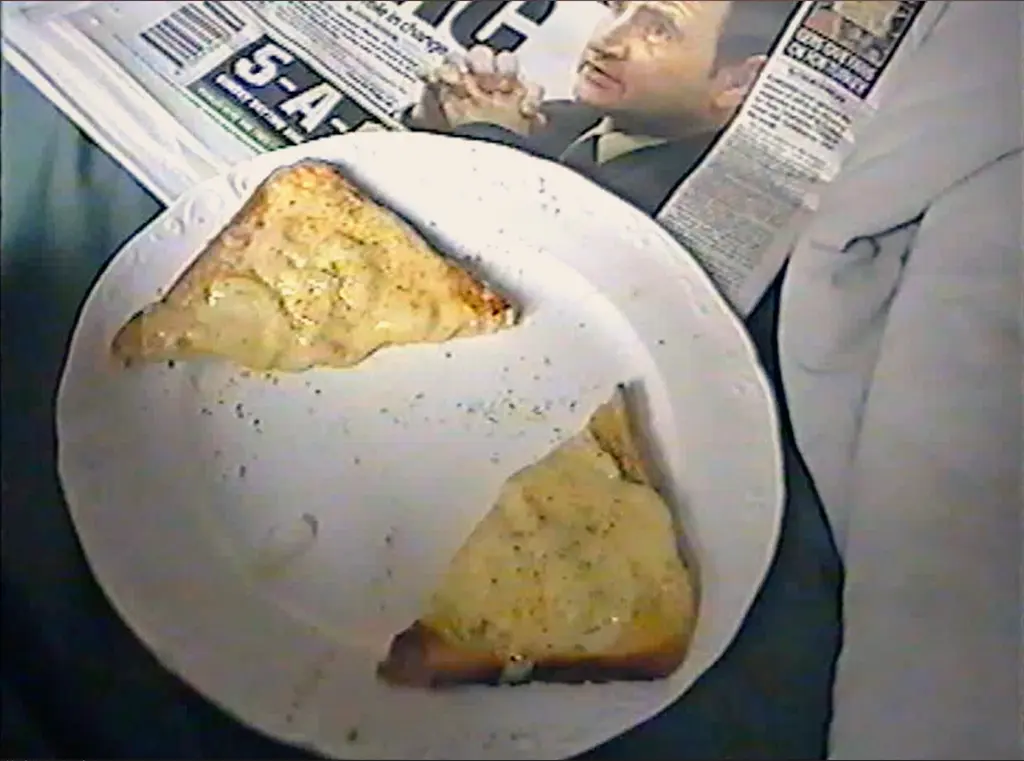
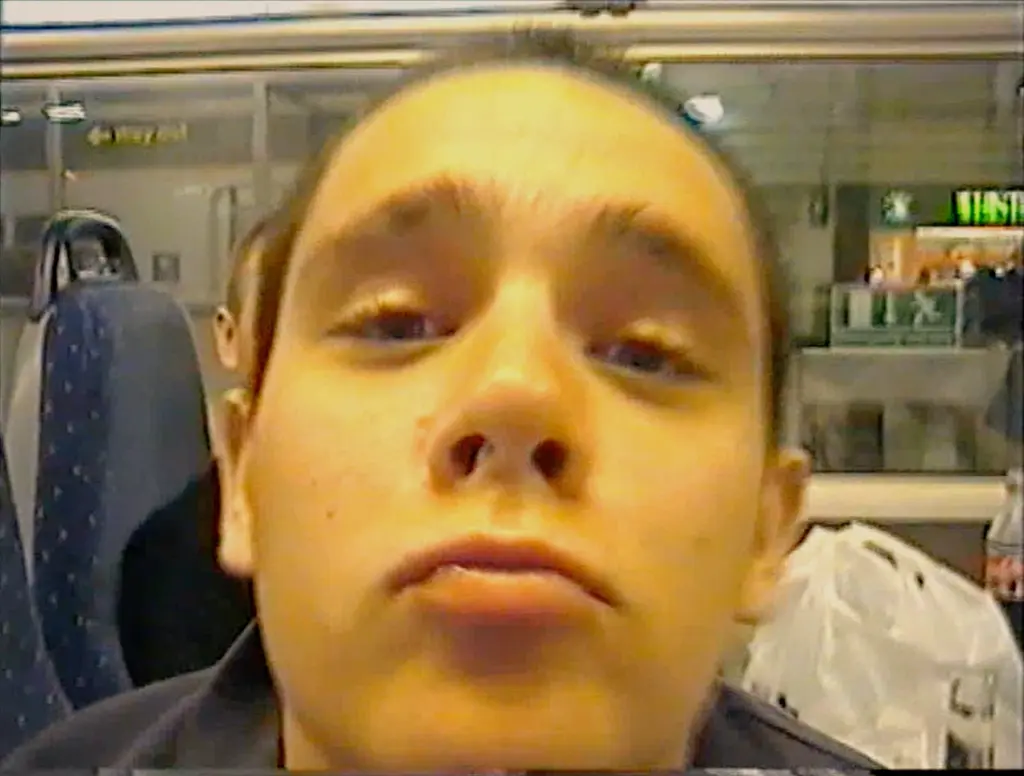
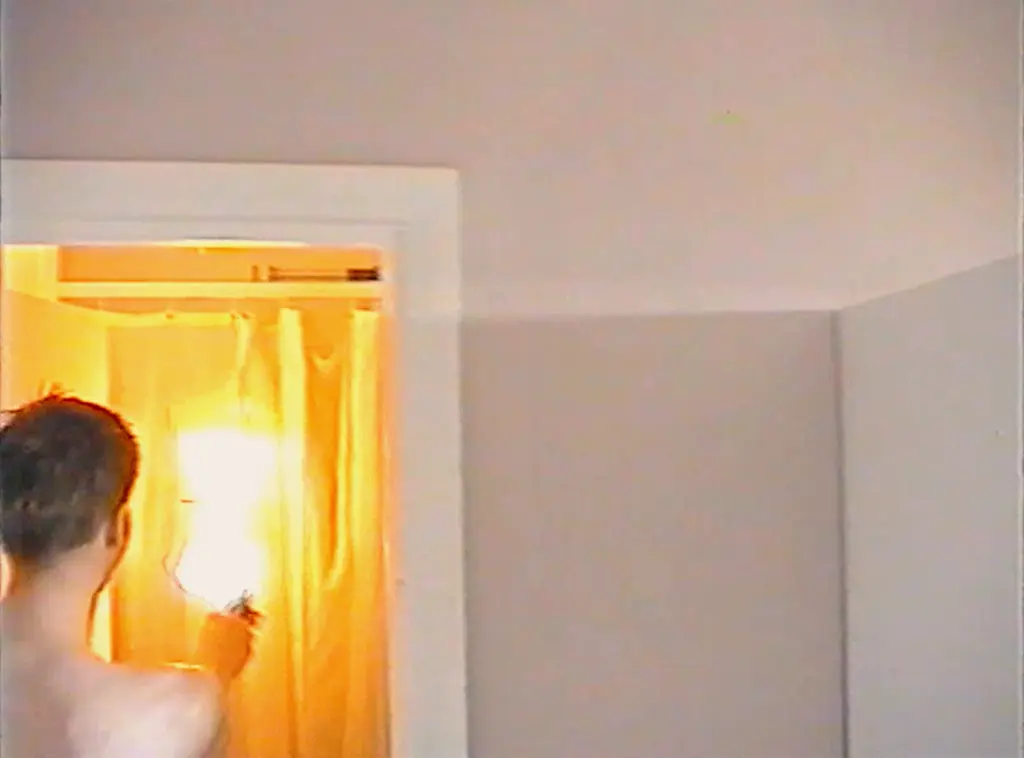
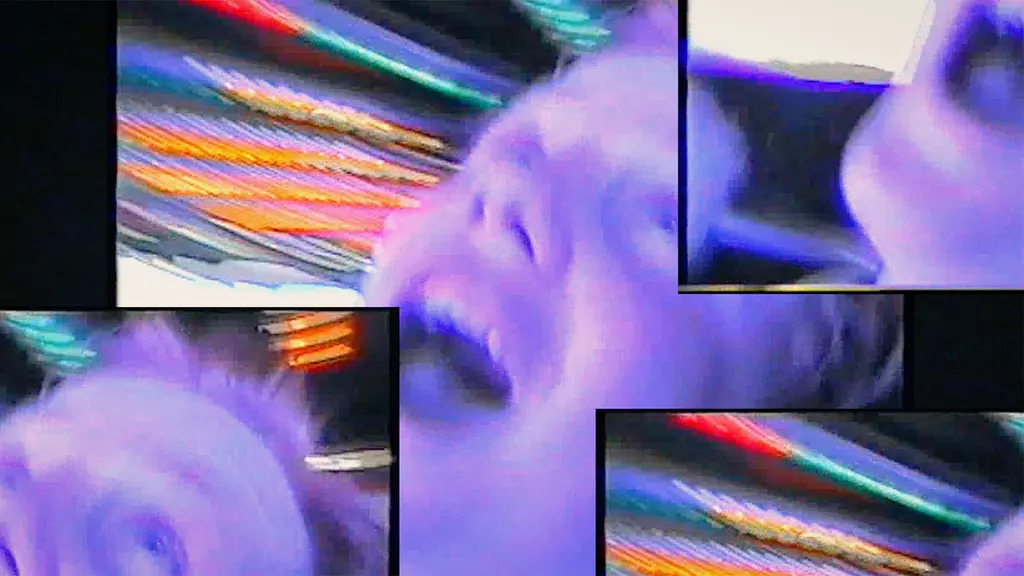
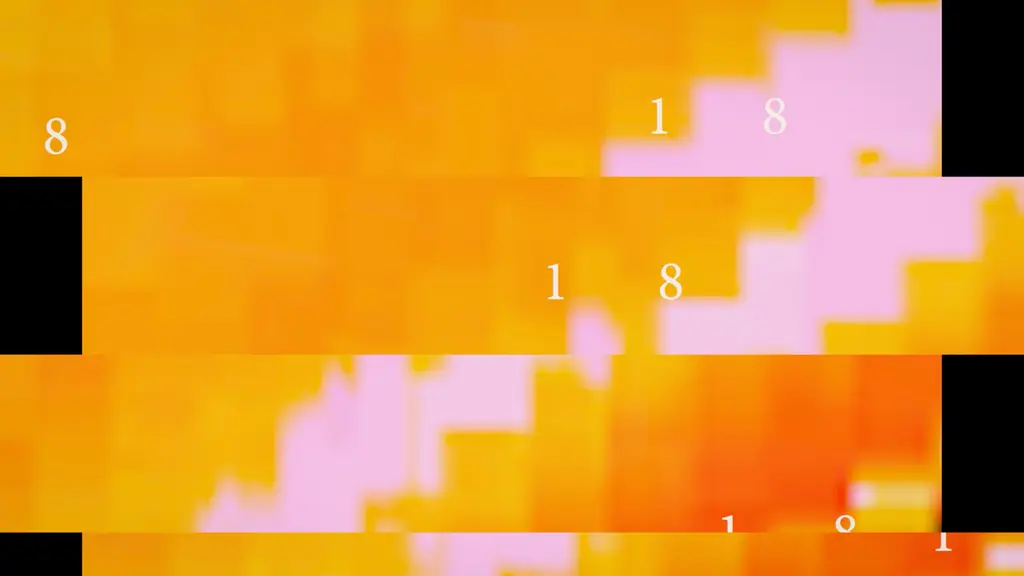
What was it like growing up in 1990s Islington, London?
When I say I grew up in Islington, people think I’m some middle-class kid, but I grew up on a council estate and my family have lived in Islington for over 200 years. It certainly wasn’t what it was now, it was a bit rough. I had two best mates, Reggie [Yates] and Lee; we got to know each other because we all went to the Anna Scher Theatre School, an after-school drama club designed to keep kids off the streets. The lessons only cost 50p, and that was my introduction to acting and filming.
How did you discover the old footage that you ended up using for the film?
Around a year and a half ago I left my job in advertising to focus more on directing and photography. I went to get some stuff developed, and among that were some rolls my mate Lee had asked me to look after when he moved to LA 18 years ago. I realised what the footage was immediately, and at first, I thought of making the film as an experiment for myself. I thought it’d be interesting to see if what we filmed had any relationship to our memory of the trip.
Was the experiment a success?
Well, most of it just involves people calling each other a massive cunt or playing poker. At one point, we filmed ourselves playing pool for an hour. We genuinely thought that was good. People tell me that it’s more of a trip down memory lane than an experiment, but I think it acts as a commentary on the ways in which kids film themselves. In the film, we’re all pulling out our Nokia 3310’s – we had Tetris, and that was it. No one was walking around filming each other back then unless you brought out a big camera. And when you do that, people act like dickheads. Now it’s second nature because people are used to having cameras in their face. In 18, you can tell we were performing. It was weird.
The weirdest thing about it was seeing people smoking in Burger King.
It was only when I started cutting it together that I realised how mad that was. How was that ever a thing? I wonder whether we’ll be like that with vaping in the future. Maybe it’ll seem crazy that was ever a thing, too.
DAN SCOTT-CROXFORD
Do you think there is a disconnect between our happy memories and the events that create them? Like the Mandela Effect?
I feel like our brains overwrite memories a little bit. Stuff gets laid on top and things get associated with one another when they aren’t necessarily connected. I wanted to get that across in the film, layer all the shots to try and connect those dots. I’m not gonna lie, personally, I think the weekend looks like it was really shit.
Why is that?
That particular trip and how great we thought it was comes up quite often in mine and Lee’s conversations. But when you watch the footage, it’s obvious that even though we had a good time, all we did was go to Brighton and nothing really happened. But at the time we felt that rawness, everything was wicked, like being able to drink a beer on the train because you’ve just turned 18. If you bought yourself a wine or a beer on the train now, it’d be quite sad. It’s funny how your whole world starts to shift as you grow up.
Would you say making the film was a cathartic experience?
I’m not sure it was, though it helped me address some of the foibles I had as a kid. I never really fit in and I was always on the periphery of that group, which is the way I’ve been my whole life.
So it was more emotional?
I guess, yeah. It certainly makes you think about why you’re like that. Maybe I’ve just never found any friends! [Laughs]
What do you hope people take away from watching the film?
I want it to make people experiment with their own memories. It’s interesting to think about the times where you were most happy or the events that shaped you, and really question whether they happened the way you remember them – whether those feelings were real or associated after the fact. It’s easier now for a young person to think about something that happened in their life, whereas I’m not burdened with the shame of forever living digitally. There are moments in 18 where we don’t look like nice people, but at the same time, there needs to be an understanding that at some point in our lives, we act like a bit of a dickhead. And that’s okay.








